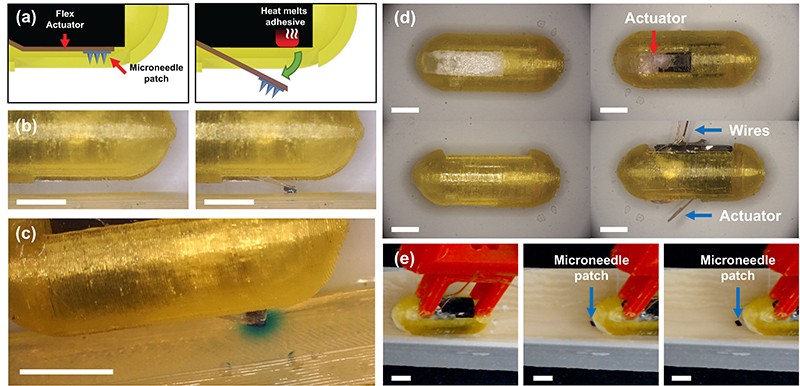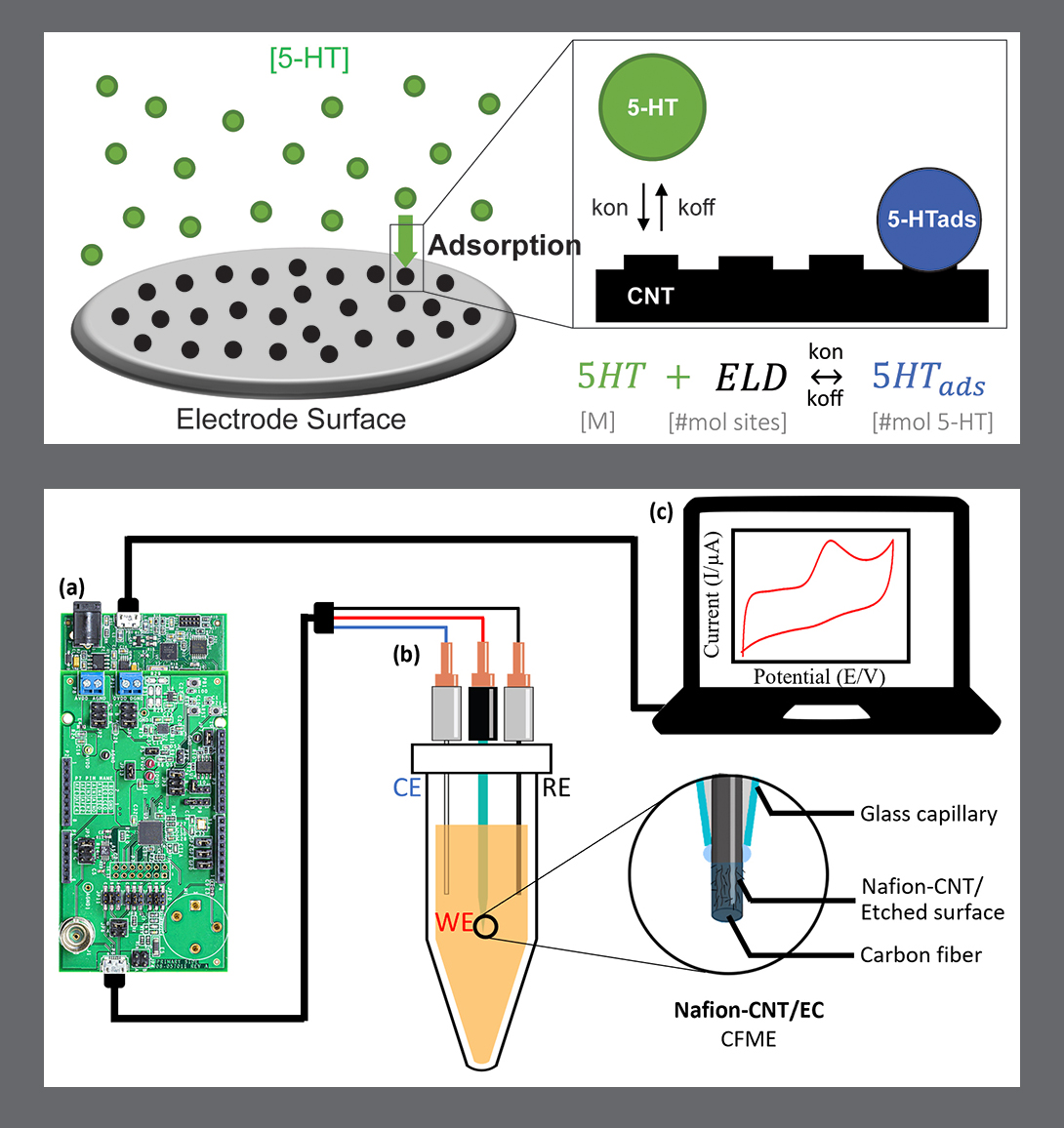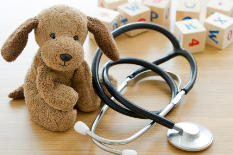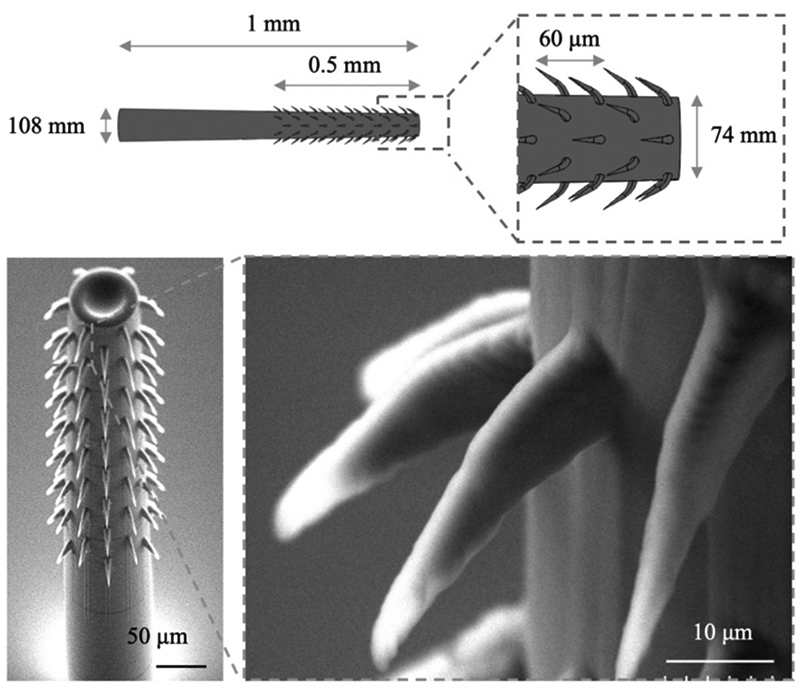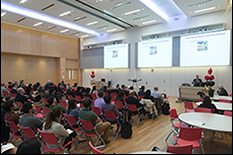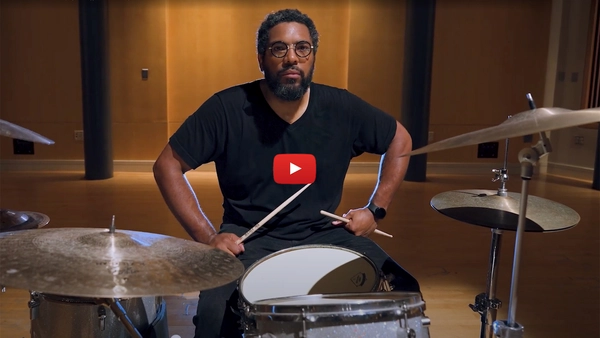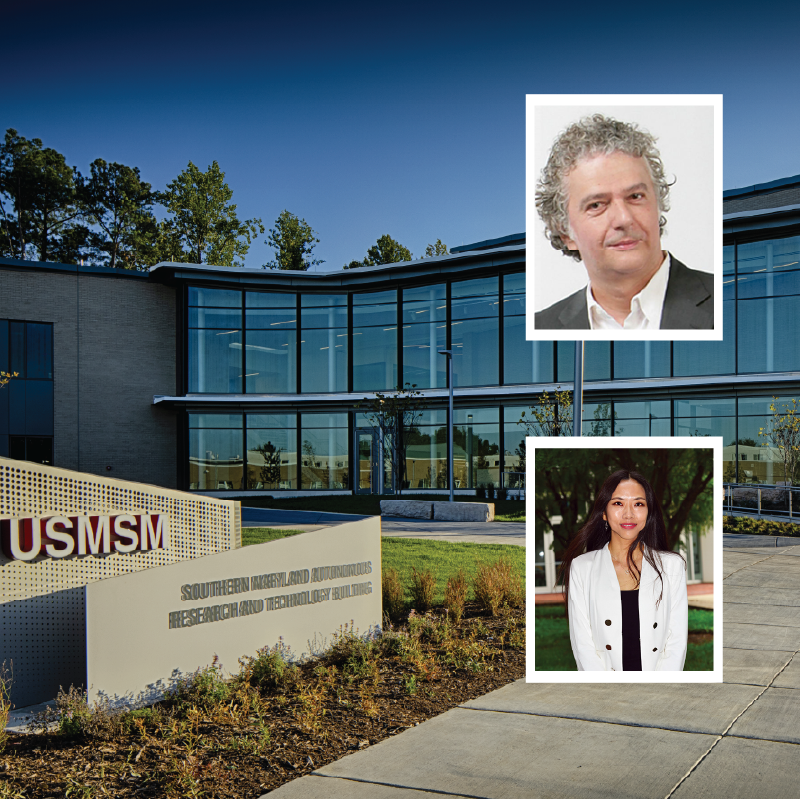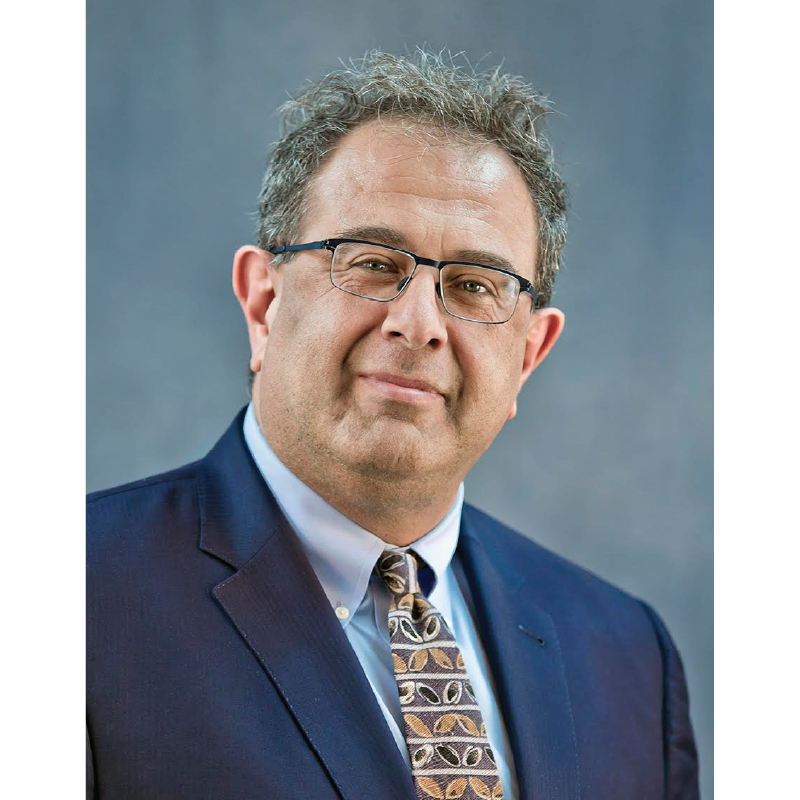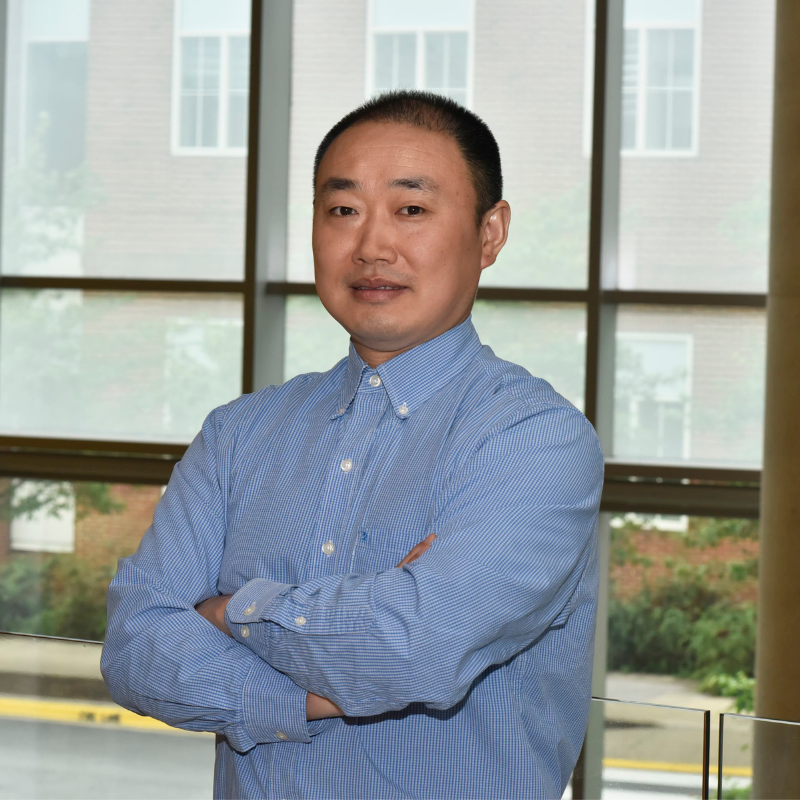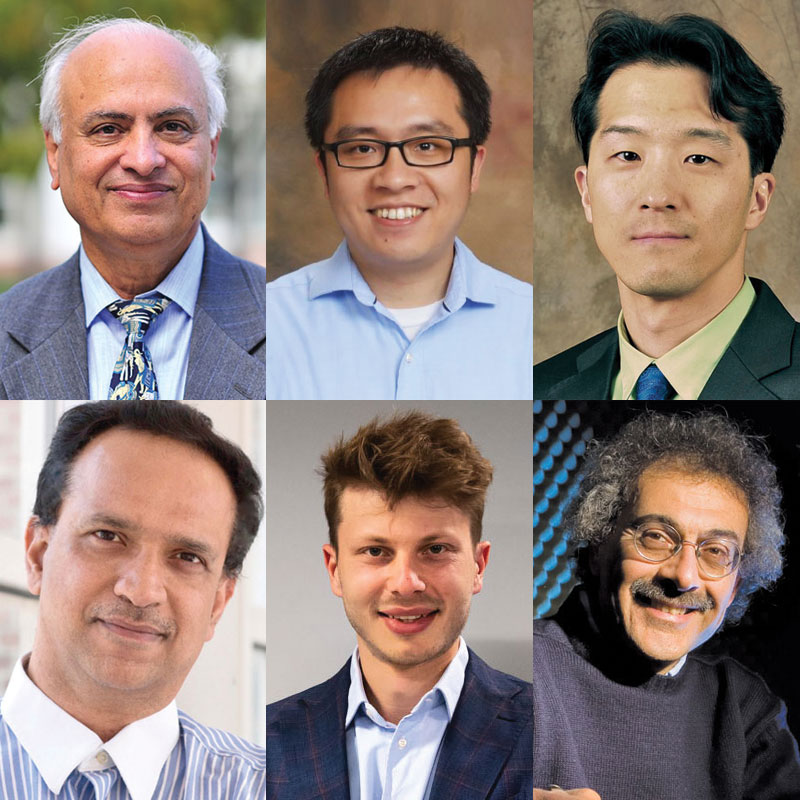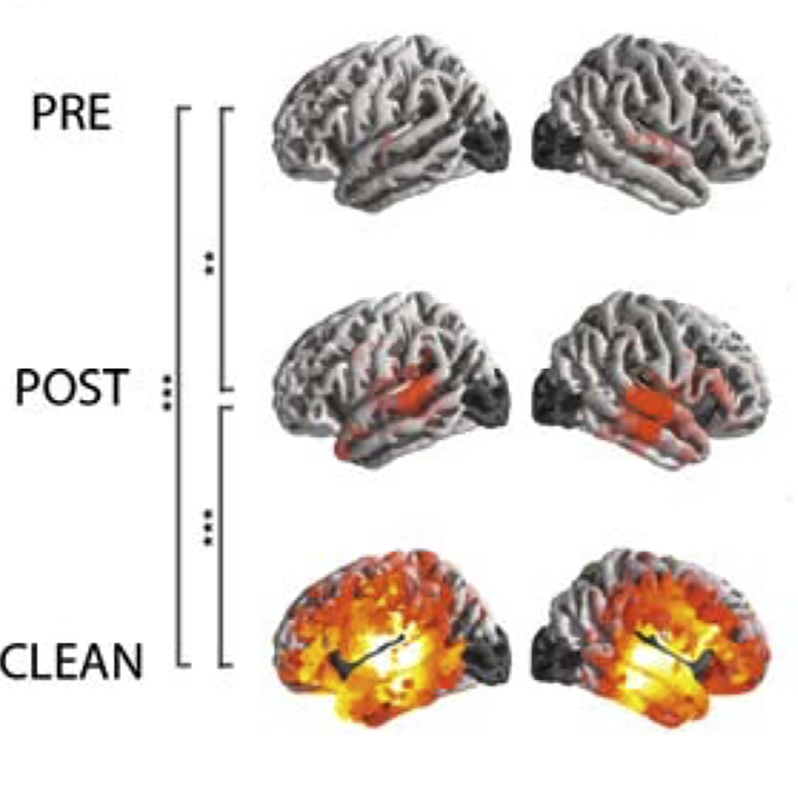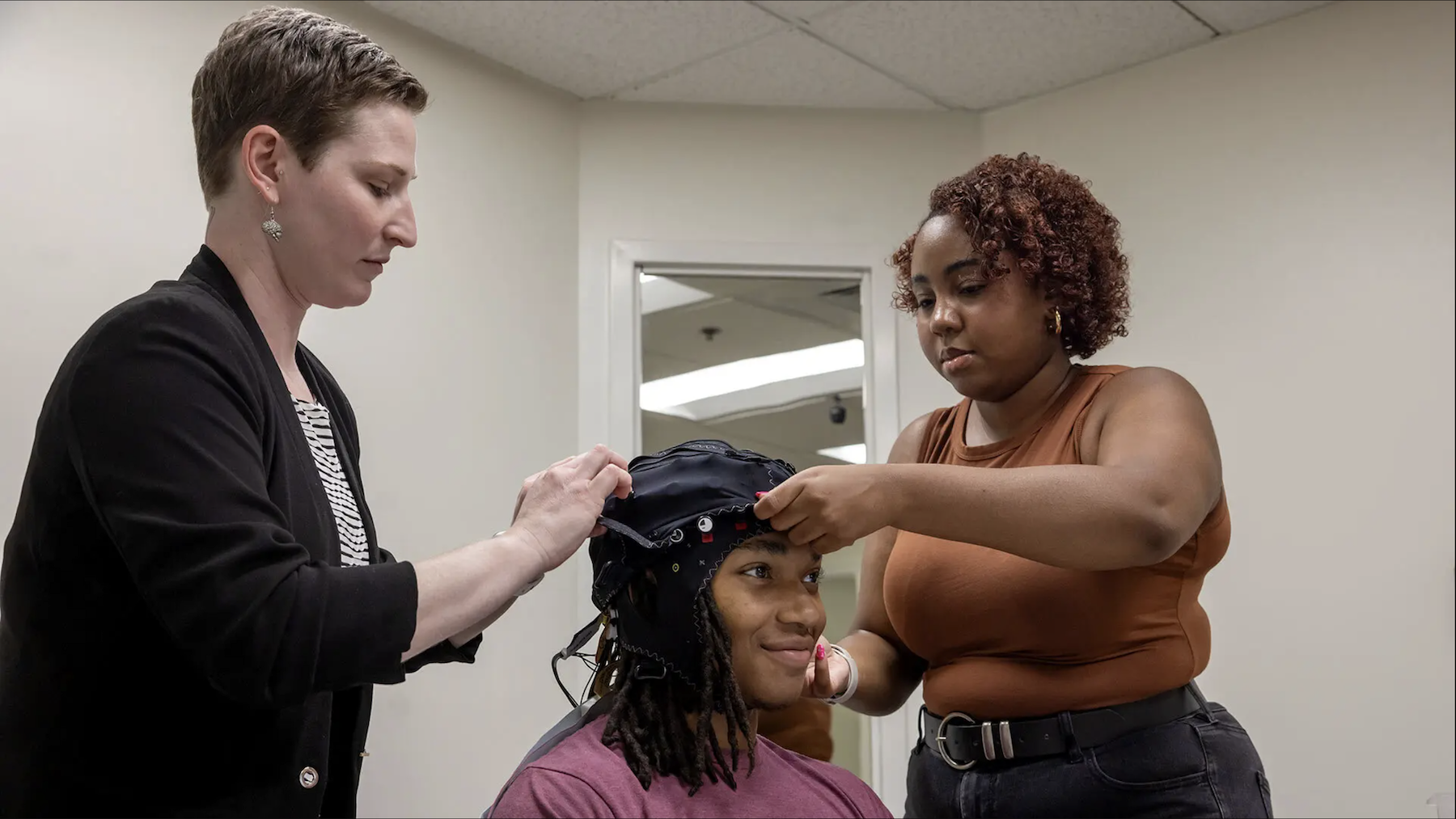News Story
Ghodssi gives distinguished lecture on devices for gastrointestinal health at EPFL in Switzerland
Professor Reza Ghodssi (ECE/ISR) gave a distinguished lecture on “Micro/Nano/Biotechnology Device Integration for Addressing Gastrointestinal Health” at the Ecole Polytechnique Federale de Lausanne (EFPL) in Lausanne, Switzerland, on Feb. 11. The talk was broadcast live to universities across Switzerland.
Ghodssi spoke about ongoing innovations in micro- and nano-electronics and emerging next-generation integrated devices that can sample and sense GI fluids, providing real-time monitoring of biochemical and bacterial behavior and its impact on GI cancer development and gut-brain signaling. The research group of which he is a member is developing and integrating new technologies into ingestible capsule systems for in vivo navigation and biochemical sensing of GI contents. This includes hybrid packaging strategies for sampling select GI regions through integrating microelectronics modules for wireless transmission of sensor signals to mobile receivers.
Members of this research group include Pamela Abshire (ECE/ISR), Bill Bentley (BioE/Fischell Institute), Derek Paley (AE/ISR, ISR-affiliated Behtash Babadi (ECE), Gary Rubloff (MSE/ISR), Ritu Agrawal (Smith School of Business) and others. There are a total of 28 faculty conducting research and educational activities across five academic institutions, including Johns Hopkins University, the University of Maryland School of Medicine, Northeastern University, and Morgan State University, with the University of Maryland being the lead institution.
Both EFPL and Imperial College London are among the international academic partners of the research group.
While in Switzerland, Ghodssi also visited the Wyss Center to give a presentation on the University of Maryland’s Brain and Behavior Initiative. To conclude his trip, Ghodssi met with colleagues in the Center for Bio-inspired Technology at the Imperial College London.
Published March 7, 2019
